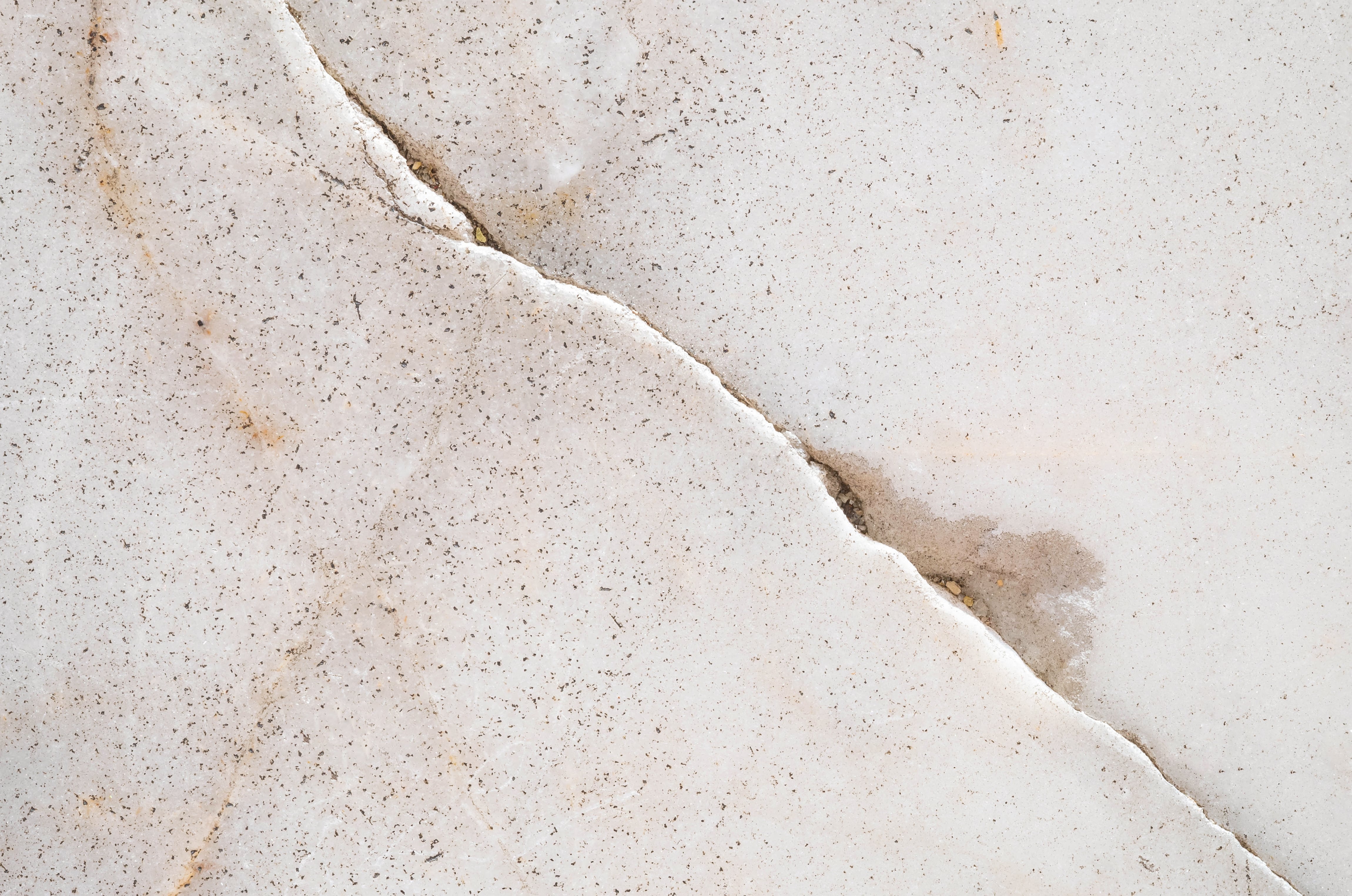Are Slab Leaks Covered By Homeowners Insurance?
Generally speaking, the answer to this question is that homeowners insurance policies may help pay for damage caused by a slab leak. It just depends on what caused the leak to occur. Insurance companies weigh up a number of factors when it comes to deciding on whether to cover a slab leak or not and there a few specific situations in which homeowners insurance may or may not provide coverage.
What is a slab leak?
Before delving further into the answer to this question, let’s look at what a slab leak is. A ‘slab leak’ is a term used that refers to a leak in the plumbing beneath a home’s ‘slab’, or the concrete-made foundation on top of a home is built on.
‘Slabs’/foundations often only measure two to three feet in thickness. Traditionally they are most common in southern states where the constant warm weather means the chances of freezing or cracking damage are unlikely. However, these states are often prone to extreme weather and flooding (especially in parts of Louisiana and Texas) that can also do great damage to a home’s foundation.
In houses where the water lines are embedded inside the concrete slab, plumbing leaks can often go undetected.
Old pipes, such as iron, galvanized steel or copper pipes also increase a home’s risk of a slab leak because they are more vulnerable to wear.
How do I know if there’s a slab leak in my home?
In many cases, a slab leak can go on for years and gradually get worse. Homeowners are often totally oblivious to it occurring too. Unfortunately leaks like this can lead to unusually high water bills, a damp or musty odor running throughout a home, poor water pressure, and in the worst cases, foundation cracks in floors and walls.
Other signs that your home may have a slab leak include;
· Mold buildup on carpet and flooring,
- · Mold buildup on carpet and flooring,
- · A sound of running water even after faucets are shut, like a hissing sound and,
· Soggy soil around the home especially near the foundation.
These warning signs are obviously easy to spot and finding a combination of any of them will likely mean there’s a slab leak.
At this point it’s time to get on the phone to your home insurance provider.
What should you do when you suspect a slab leak?
If you suspect your home has a slab leak, it’s crucial to have a professional visit to can determine if there is such a leak and where it’s coming from.
A slab leak can be very problematic and something a homeowner might consider a nightmare scenario, but it’s a good idea to know the warning signs and understand what circumstances homeowners insurance will provide coverage. Your insurance company can help you review your policy and answer questions about what risks it covers.
To avoid a situation like this happening with your home, be sure to have your home’s foundation inspected every 3-4 of years by a foundation contractor. They may be able to spot issues and warning signs that you’ve missed.
How much do slab leak repairs cost?
The cost of slab leak repair depends on a number of factors.
How extensive is the damage to the foundation and what is the cause? Is the leak in a section of the slab only, or does it affect the entirety of it?
Generally speaking, experts estimate that the average slab repair costs about $2,000. Crack repairs cost $250 to $800 when caught early. Fixing these cracks as quickly as possible is crucial to avoid damage to a foundation's integrity. If the cracks are large enough to warrant the repair of the entire slab, homeowners can expect to pay anywhere from $2,000 to $6,000. This cost usually includes new tiles, sealant, and concrete.
Personal property insurance will help cover the costs to repair any damage to the personal belongings inside your home. If a leaking slab causes water damage to your furniture, for example, personal property coverage may help pay to repair or even replace it.
Keep in mind that before your provider begins paying you out for any covered damage to your home’s foundation, you’ll have to pay a deductible before your insurance provider will cover the remainder of the loss. If the damage costs only slightly more than the policy deductible, most homeowners won’t file a claim. Filing claims due to water damage often result in higher costs, so be sure to consider the positives and negatives before going ahead with the claim.
When will I be covered by my insurance company for a slab leak?
Depending on what type of home you have and how much coverage you have, this will determine if you are covered for a slab leak. HO-1 or DP-1 Basic Form type coverage is considered a very basic coverage but will protect your property from a few named types of event like FIRES and HURRICANES, though it will not cover for slab leaks or any other types of water damage occurences :
An HO-3 Special Form policy, rather, does cover for water damages and most other incidents unless they are specifically excluded in the policy..
And when will I not get coverage?
It’s important to remember that a homeowners insurance policy will only cover damage caused as a result of the leak, not the plumbing pipe or appliance itself. Most policies won’t cover maintenance issues or ‘wear and tear’.
To avoid the disaster scenario of a slab leak occurring in your home, have your foundations regularly inspected and the minute you start to notice a warning sign (or signs), get it evaluated. Review your home’s insurance policy also to ensure you are covered for slab leaks or upgrade your policy to be covered. A good preventative measure would be to stay on top of ‘wear and tear’ projects too.
Wondering if your slab leak is covered by homeowners insurance?
Understanding your insurance coverage and policy can be confusing, especially under the stress of trying to get something repaired. Contact United Claims Specialists today to see if your slab leak is covered by insurance! We'll help you get the maximum payout for your claim.




 Storm Damage
Storm Damage  Property Damage
Property Damage Appraisal Services
Appraisal Services Contact Us
Contact Us




.jpg)
 claims@ucspa.com
claims@ucspa.com Mon-Fri: 9:00am-5:00pm
Mon-Fri: 9:00am-5:00pm